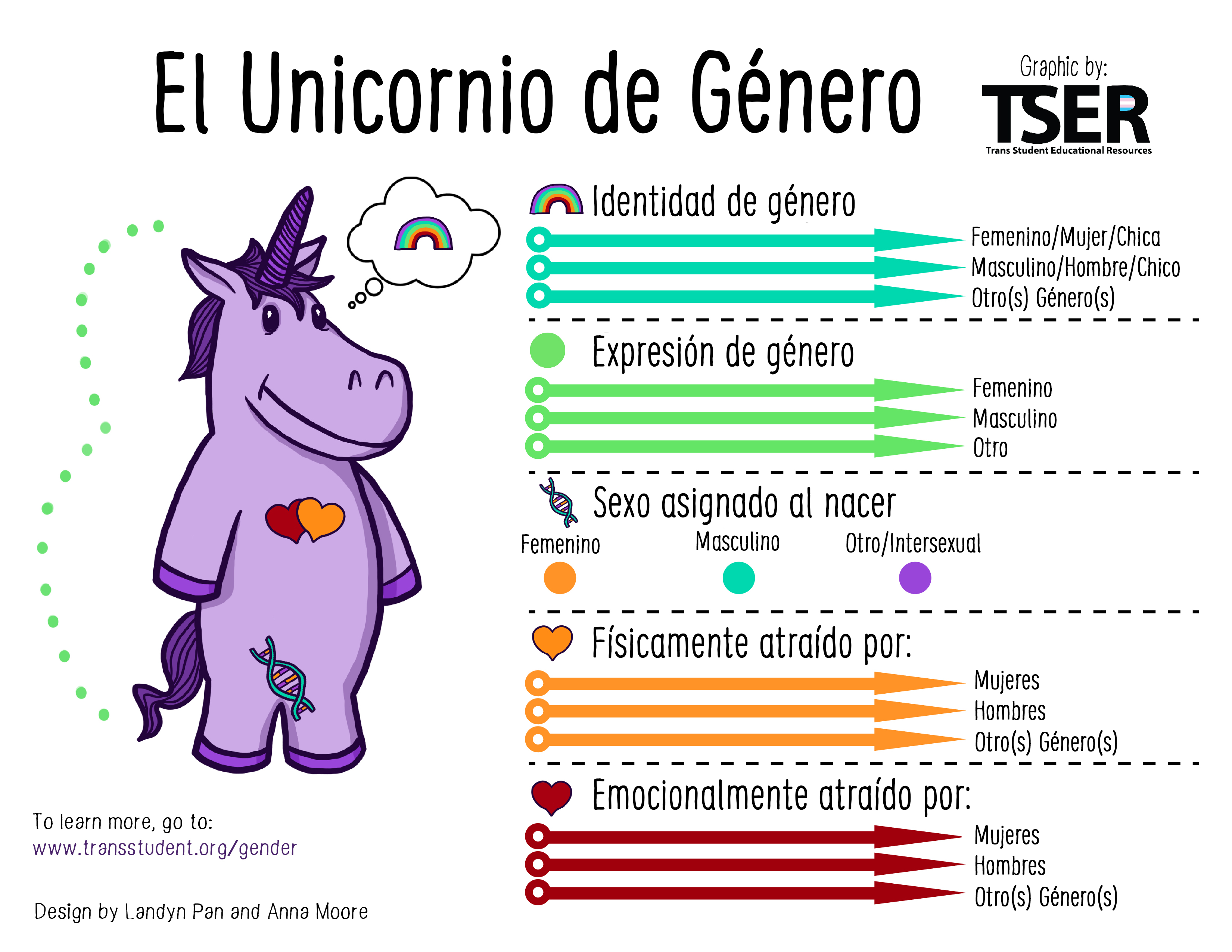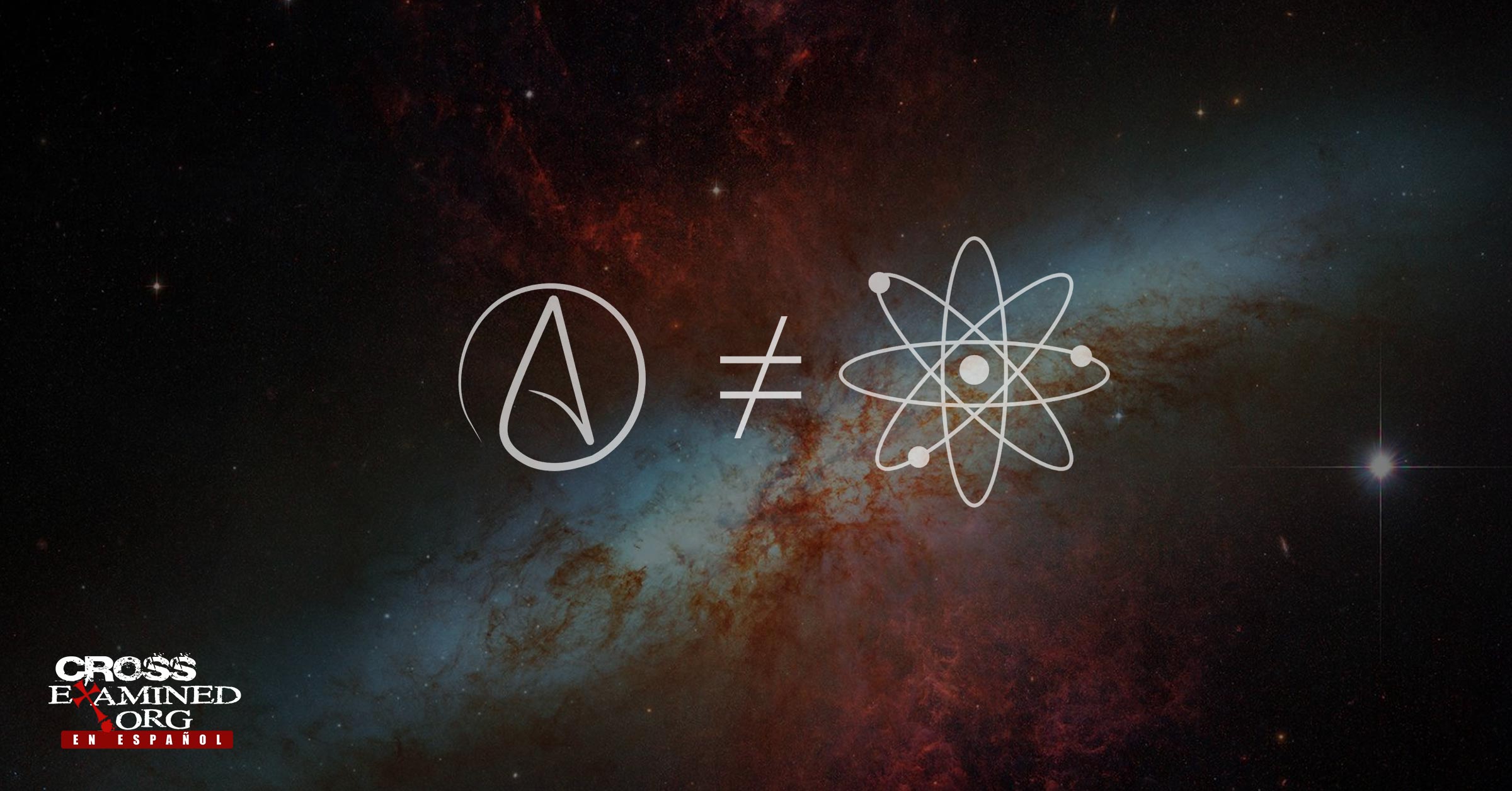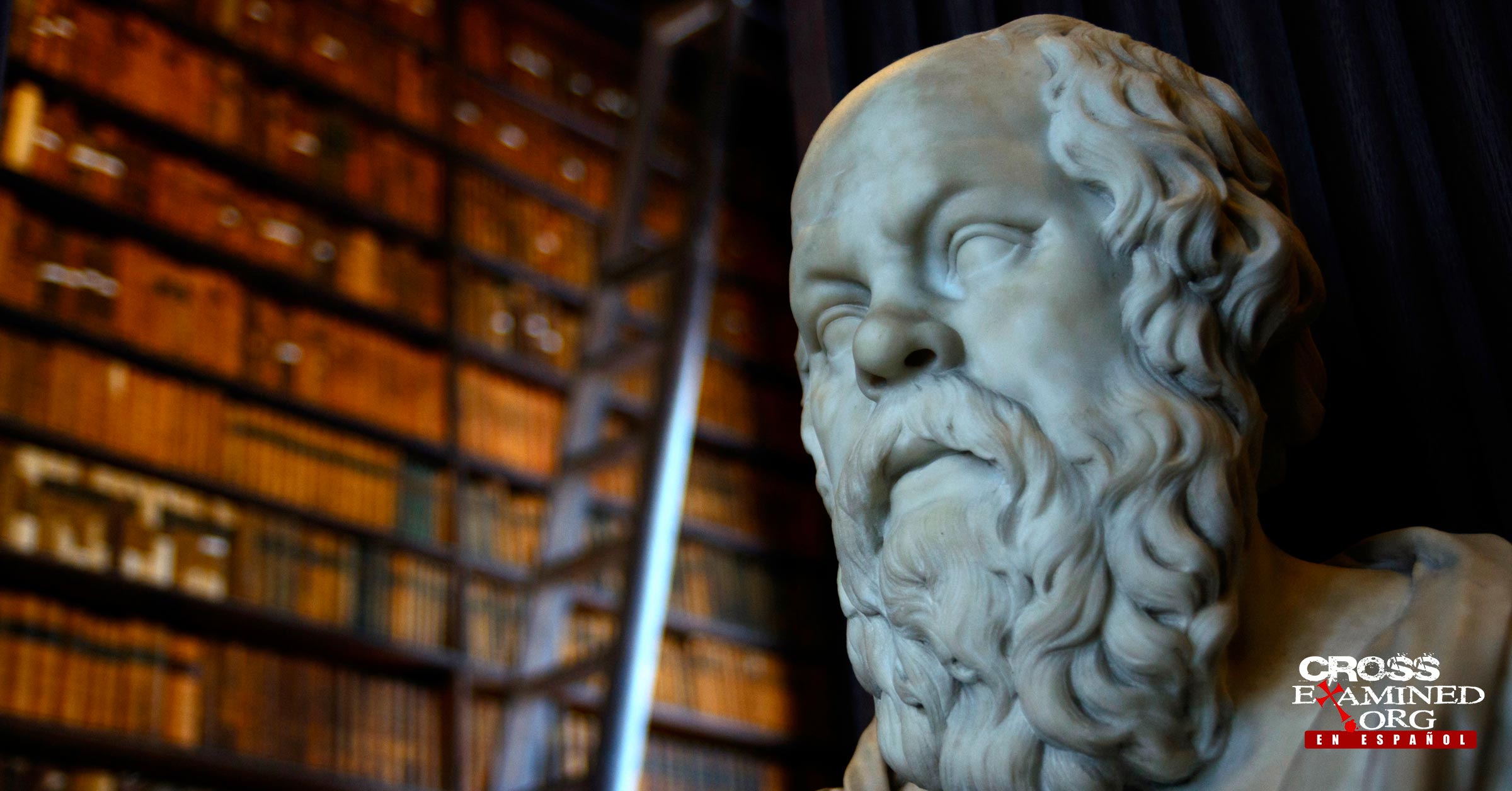In 1588 the Dominican theologians Domingo Báñez (1528-1604) and Tomas de Lemos (1555-1629) emerged as the leading opponents of middle knowledge. Báñez and Lemos advanced three major criticisms of the doctrine. [1] First, it contradicts Aquinas’s understanding of God’s general concurrence. For Aquinas, general concurrence constituted God’s sovereign generation of events by acting directly upon secondary agents (e.g., humans), moving them in advance and working through them to bring about those events.
In order to make God the author only of good events and not of bad ones, Aquinas derived a strong distinction between efficacious and inefficacious concurrence. Efficacious concurrence occurs when secondary agents produce effects that God intends them to produce; in this case, God’s power over the agents is infallibly and irresistibly directed toward producing their intended effects. Inefficacious concurrence occurs when secondary agents produce effects that God does not intend them to produce; in that case, God’s power over the agents is sufficient or sufficient for those agents to produce the effects God intended, but it is not infallibly or irresistibly directed toward those effects. Thus, imperfect creatures redirect God’s power toward producing sinful events, which cannot happen apart from that power. On Aquinas’s view, efficacious concurrence is intrinsically efficacious, and inefficacious concurrence is intrinsically inefficacious.
While efficacious concurrence inevitably produces effects that God positively volitions [2] , inefficacious concurrence inevitably produces effects that God does not intend to produce but merely permits. In contrast to Aquinas, Molina declared that general concurrence amounted to God’s sovereign causality of events by acting directly on those events and not on secondary agents. He therefore denied that secondary agents must be moved by God to use their causal power. Furthermore, Molina argued that intrinsically, God’s general concurrence is neither efficacious nor inefficacious. Rather, it is intrinsically neutral and is extrinsically made efficacious or inefficacious by the relevant secondary agents. [3]
Second, Báñez and Lemos argued that middle knowledge implied passivity in God, since making divine concurrence intrinsically neutral seemed to make God relate in exactly the same way to the good and evil actions of creatures. In the words of Réginald Garrigou-Lagrange, “God would be neither the author of good nor of evil acts, at least as far as his intrinsic and free determination is concerned, because neither good nor evil acts would come from Him, at least as far as the performance of these acts is concerned.” [4] Accordingly, God’s essence as actus purus (pure act), as defined by Aquinas, is compromised if God were not to decree what free creatures would do in each set of circumstances, but instead sit back as a helpless spectator and watch what happens. [5] Third, Báñez and Lemos asserted that middle knowledge eviscerated God’s freedom, since God would know what He would freely do in any set of circumstances in which He found Himself. [6] Because they found these criticisms persuasive, the vast majority of contemporary Dominicans followed Báñez and Lemos in accusing Molina.
Regarding divine concurrence, Molina defended his position by asserting the incoherence of the Thomistic alternative held by his Dominican interlocutors for three reasons. First, the Dominicans could not explain God’s detailed knowledge of evil events. While the Dominican position had the ability to delineate God’s detailed knowledge of good events, as well as God’s general knowledge that good events would not occur in various circumstances (based on his decisions to concur inefficaciously rather than efficaciously with creatures), Molina held that the Dominican position lacked an explanation of how God knows exactly which evil events would occur. [7] Freddoso illustrates Molina’s point with the following example:
Let us take the state of affairs of Peter remaining loyal to Christ in H, where H is the situation in which Peter actually freely denies Christ. Since God’s concurrence with Peter in H is itself sufficient to produce the desired effect of Peter remaining loyal, it only follows that Peter will not remain loyal. But there are many ways in which Peter could deny Christ, a host of intentions on which he could act, different degrees of cowardice or outright malice that his act could evince, different words he could use. How can God know all the relevant details with precision, given only his prior resolution not to causally predetermine Peter’s loyalty in H? [8]
Second, Molina charged that the radical asymmetry proposed by the Dominicans between God’s causal contribution to good and evil events was nonsensical. For an evil event can differ from its benign analogue only by virtue of some historical circumstance. In this regard, Molina pointed out that the same act of sexual intercourse, with all its physical and psychological characteristics, is good if the couple is married, but bad if they are not. Imagine that the history of the couple’s relationship in both cases is exactly the same, except for the short visit to a priest where the marriage ceremony was performed. Is it not absurd, Molina asked, to suppose that God’s intrinsically efficacious concurrence is necessary in one case but not in the other? If creatures are capable of performing the same act without intrinsically efficacious concurrence when it is evil, why are they not equally capable of performing the same act without intrinsically efficacious concurrence when it is good? [9]
Third, Molina argued that on the Dominican view, God cannot truly will the virtuous events that He chooses not to predetermine through His intrinsically efficacious concurrence. For example, if God truly intends that Judas repent after betraying Jesus, and if God can effect this repentance simply through efficacious concurrence, then why does God refuse to grant such concurrence? In general, Molina held that the Dominicans made it impossible to blame creatures for their evil acts, since those acts necessarily resulted from the absence of God’s efficacious concurrence. Sins become acts of God’s omission, making God the author of sins as if they had been produced by God’s omission. Thus, Molina declared:
Again, what resentment will God have on the Day of Judgment against the wicked, since they were unable not to sin as long as God did not effectively incline and determine them to good, but rather solely by His own free will decided from eternity not to determine them to do so? Most likely, if this position is accepted, our freedom of choice is completely destroyed, God’s justice towards the wicked vanishes, and a cruelty and perversity are perceived in God. That is why I consider this position to be extremely dangerous from the point of view of faith. [10]
For these reasons, Molina concluded that if divine concurrence were intrinsically efficacious or inefficacious rather than, as he insisted, intrinsically neutral, then ostensibly free creatures would be nothing more than puppets controlled by God, who alone possesses freedom. [11]
In response to Báñez and Lemos’s second charge that middle knowledge implied divine passivity, Molina claimed that it does so only if one conceives of God in a Thomistic sense as pure act, the determining cause of all that occurs. But Molina insisted that one should abandon the doctrine of pure act as philosophically incoherent and contradictory to Scripture. For if God is pure act, then God’s attributes are not distinct from one another. But surely, for example, God’s omnipotence and God’s omnibenevolence denote two distinct properties, each of which is irreducible to the other. [12] This can be seen conceptually by observing that an entity could be all-powerful without being wholly loving, and an entity could be wholly loving without being wholly good. However, both attributes are philosophically necessary to God’s status, pro Anselm, as the greatest being conceivable, and both attributes are affirmed biblically (Genesis 17:1, 1 John 4:8). [13]
Rather than pure act, Molina believed that God must be understood as essentially infinite and tripersonal, an understanding that precluded divine passivity. God’s infinity, or the sum total of his great making properties, includes his omniscience, which in turn includes his middle knowledge. Taking advantage of this knowledge, the tripersonal God chooses, in his creative decree, all that will happen (the actual world [14] ) from all that could possibly happen given human freedom and natural indeterminism (the set of all feasible worlds [15] ). Far from sitting idly by, God is the active agent whose free decision is the indispensable factor in producing all human actions. [16] And God’s free decision produces these actions indeterministically, so that God cannot be accused as the author of sin. In fact, each of the three Trinitarian persons is grieved by sin (Gen. 6:6; Luke 19:41-44; Eph. 4:30). [17] This sorrow was so strong that it moved God to enter human history and become incarnate as Jesus of Nazareth, to solve the problem of sin once and for all and thus redeem all who place their faith in him (Rom. 3:24-25; 8:3-4; Eph. 1:7; Titus 2:14). [18]
Regarding Báñez and Lemos’ third charge that middle knowledge destroyed divine freedom, Molina emphasized that middle knowledge does not give God knowledge of what he himself would do under any set of circumstances. If God had such knowledge, Molina admitted, that would certainly destroy divine freedom. [19] Middle knowledge only gives God knowledge of what any possible creature would freely do under any conceivable circumstances. Here Molina emphasized that the way God has middle knowledge is supercomprehension, or his ability to infinitely perceive the essence or pattern of each individual or possible creature that exists solely in his imagination prior to the divine creative decree. Because these individual essences are abstract, not concrete objects, and God perfectly understands his own imagination, supercomprehension follows inevitably as a result. But it is logically impossible for God to supercomprehension himself, since God is a concrete object (even more than that, the only logically necessary concrete object), not an abstract object that exists within God’s imagination. God’s individual essence is also not an abstract object existing within God’s imagination, but is one and the same as his existence. [20] Furthermore, Molina insisted that supercomprehension can only occur when the knower infinitely transcends in fullness or totality that which is known. Since God cannot infinitely transcend his own perfection, the idea that God supercomprehended himself again proves to be self-refuting. Tying together the threads of his case, Molina asserted:
God does not know, solely by virtue of the knowledge which precedes the act of His will, what part of His own will will determine itself with respect to any object which may be created by Him, although, by virtue of that same knowledge He does know , on the hypothesis that His will were to choose to determine itself to one or another order of things and circumstances, what each created faculty of choice would volition or do in its freedom within that order. Now the reason of this is, that whereas the divine intellect and knowledge surpass in perfection by an infinite distance every created faculty of choice which they contain eminently in themselves and which for this reason they comprehend in an infinitely more eminent manner than that in which it is knowable (that is, itself [21] ), so they too do not surpass the divine will in perfection nor comprehend it in a more eminent manner than that which is knowable in itself. However, as has been said, it is this kind of understanding that is required to know about free choice, before it determines itself, which part it is going to determine itself in its freedom under any given hypothesis. [22]
Molina went on to assert that in choosing to create the present world, God freely decides what all of his future actions in that world will be. These actions are in no way determined by God’s prevolitional knowledge, but are entirely dependent on God in his freedom. Therefore, God knows everything that he will do in the world in his free knowledge, not in his middle knowledge. In other words, God has foreknowledge of his own actions in the present world, not by knowing in his middle knowledge what he would do in every conceivable circumstance, but by knowing what he has decided, in his creative decree, to do in every future circumstance, by means of his almighty power to carry out his freely chosen will. [23]
Grades
[1] Robert Joseph Matava, “Divine Causality and Human Free Choice: Domingo Báñez and the Controversy de Auxiliis,” PhD diss. (University of Saint Andrews, 2010), 1 – 24.
[2] Translator’s note. The verb here is “to will” which has no literal translation in Spanish. “To will” expresses an exercise of will or an inclination toward something, not merely “wanting something.” The confusion arises because there are two words in English that are translated into Spanish as “querer” (to want) and “to will.” The first of these is what we know as “wanting something” in the sense of having a desire and intention for it. While the second can be specified as a volition of the agent.
[3] Alfred J. Freddoso, “Introduction,” in Luis de Molina, On Divine Foreknowledge , trans. Alfred J. Freddoso (Ithaca, NY: Cornell University Press, 1988), 18 – 19.
[4] Réginald Gartigou Ñagrange, The One God , trans. Bede Rose (St. Louis: Herder, 1943), 466.
[5] William Lane Craig, Divine Foreknowledge and Human Freedom: The Coherence of Theism: Omniscience , Studies in Intellectual History 19 (Leiden: Brill, 1990), 270
[6] Domingo Báñez, Pedro Herrera, and Didacus Alvarez, Apologetica fratrum prædicatorum in provinciâ Hispaniæ sacræ theologiæ professorum, adversus novas quasdam assertiones cujusdam doctoris Ludovici Molinæ nuncupati (Madrid, 1595), 3.25; Thomas of Lemos, Acta omnia et Congregatioum disputationum, quae coram SS. Clement VIII and V Panlo Summis Pontificibus sunt celebratae in causa controversy et illa magna de auxiliis divinae gratiæ (Lovain, 1702), 8.5.
[7] Ludovici Molina, Appenidx ad Concordiam, continens responses ad tres objectiones et satisfactiones ad 17 animadversiones (Libson, 1589), 4 – 7.
[8] Freddoso, “Introduction,” 39.
[9] Ibid., 40; Luis de Molina, On Divine Foreknowledge , trans. Alfred J. Freddoso (Ithaca, NY: Cornell University Press, 1988), 4.14.13.53.2.13.
[10] Molina, Foreknwowledge , 4.14.13.50.14.
[11] The Dominicans did not feel that they were denying human libertarian freedom. In fact, they argued that creatures possessed libertarian freedom, though without using the modern phrase. But Molina found these claims philosophically incoherent and concluded that despite what they said, the Dominicans ended up with a compatibilist freedom.
[12] However, Molina also held that neither God’s omnipotence nor his omnibenevolence is separable from God’s essence. So I don’t think the evidence allows us to conclude what Molina’s position was (or even whether he had one) concerning divine simplicity. It seems to me that Molina’s doctrine is compatible with either divine simplicity (the mainstream Christian view) or divine univocity (the minority view held, for example, by Scotus), depending on whether one thinks the doctrine applies at the level of essence or at the level of attributes.
[13] Molina, Concordia , 1.14.13.19.2.10.
[14] Translator’s note. Original: “the actual world.” It does not refer to a temporal adjective, i.e., to the “contemporary world.” But to the world that God has actualized or made real . “In religious jargon, it is not unusual to refer to God as creating the world. However, in the semantics of possible worlds, this is semantically improper. Rather, God’s creative activity must be referred to as “creating the heavens and the earth,” but as actualizing a particular possible world (since possible states of affairs have no beginning, and the language of creation implies this).” The above excerpt was taken from the Scientia Media section of the article on Middle Knowledge in the Internet Philosophical Encyclopedia. Consulted on July 24, 2020 at: https://www.iep.utm.edu/middlekn/ See also definitions (3) and (5) of the Royal Spanish Academy: https://dle.rae.es/?id=0d341nz (3) tr. To put into action, to carry out. (5) tr. To make abstract or virtual linguistic elements become concrete and individual. Consulted on February 15, 2019. See also: http://www.filosofia.org/enc/ros/actualiz.htm ; Consulted on July 24, 2020.
[15] Translator’s note. Original “feasible world”. In modal logic, feasible worlds are a subset of worlds within the possible worlds that, given a set of counterfactuals of creaturely freedom, are within the power of God to actualize (see note 14). Others call them “metaphysically possible worlds”. See Moreland, J.P. & Lane Craig, William. “ Philosophical Foundations for a Christian Worldview ”, 2nd Ed. Kerigma Publications, pp. 609-616, Keathley, Kenneth, “ Salvation and Sovereignty: A Molinist Approach ”. Ed. B&H Publishing Group, 2010, pp. 16-18, 38-41, 149-152, Lane Craig, William. “ The Only Wise God: The Compatibility of Divine Foreknowledge and Human Freedom ” ed. Wipf and Stock Publishers, pp. 129 – 13, MacGregor, Kirk, “ Luis de Molina: Life and Theology of the Founder of Middle Knowledge ”. Ed. Zondervan 2015, pp. 79 – 96. For the definition of possible worlds, see What is the logic of possible worlds about? , Jaramillo, Raúl, https://www.apologetica.com.ar/logica-mundos-posibles/ ; consulted on July 24, 2020.
[16] Ludovici Molina, Appenidx ad Concordia , 26 – 27.
[17] Molina, Concordia , 5.19.6.1.26.
[18] Ibid., 3.14.13.46.18, 20.
[19] Molina, Foreknowledge , 4.14.13.52.13.
[20] Here Molina focused on a trivial Thomistic idea, since Aquinas believed that the notion of God as pure act was logically equivalent to the identity between God’s essence and his existence. Molina takes these to be two entirely different notions, interpreting pure act as the actualization of God completely determining everything that happens and the identity between essence and existence as the Anselmian claim that the idea of God in the mind, including in the mind of God, cannot exist apart from a concrete reality of God ( Appendix ad Concordiam , 13, 36, 41).
[21] This reflexive understanding of “what is knowable” is implicit in the immediate context and is in the Latin construction “quodam eminentiori modo, qua,m illud sit cognoscibile” ( Concordia , 4.14.13.52.13).
[22] Freddoso, “Introduction,” 52.
[23] Freddoso, “Introduction,” 52.
Excerpt Luis de Molina: Life and Theology , MacGregor, Kirk, Ph.D.
Translation and Annotations: Eng. Raúl Jaramillo












